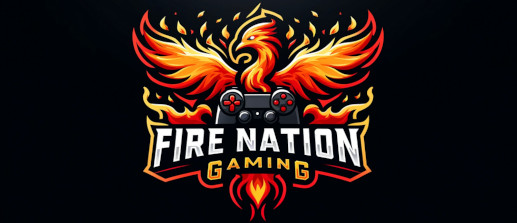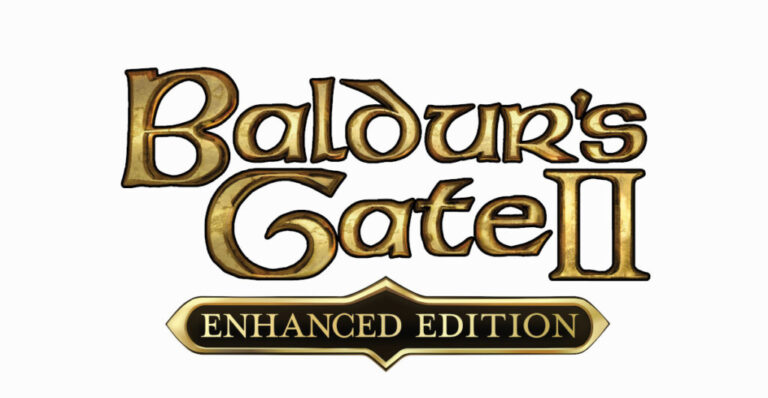Baldur’s Gate 2, a classic in the world of role-playing games, offers a rich and immersive experience set in the Dungeons & Dragons universe.
Central to this experience is the process of character creation, a step that can significantly impact your journey through the game. This guide provides a comprehensive overview of the character creation process, helping both new and veteran players make informed choices that enhance their game-play.
Table of Contents
Understanding the Basics
The Importance of Race and Class
Before diving into the specifics, it’s essential to understand the foundational elements of character creation: race and class. Each race in Baldur’s Gate 2 has unique traits and abilities that can influence your character’s strengths and weaknesses. Similarly, your choice of class determines your character’s skills, spells, and potential development paths.
Alignments: The Moral Compass
Alignment is another critical aspect, defining your character’s ethical and moral disposition. Alignments range from lawful good to chaotic evil, impacting how NPCs (Non-Player Characters) interact with you and influencing certain story outcomes.
The Races
Human
Humans are a versatile race, capable of choosing any class without restrictions.
They have no specific bonuses, making them a blank slate which is perfect for customization.
Elves and Half-Elves
Elves have bonuses in dexterity and intelligence, making them excellent mages or thieves.
Half-elves offer a balance between human versatility and elven traits, being suitable for a variety of roles.
Dwarves and Gnomes
Dwarves excel in strength and constitution, which is perfect for front-line roles like fighters and paladins.
Gnomes, with their bonus in intelligence and constitution, are ideal for magic-using classes, particularly the Illusionist.
Halflings
Halflings boast high dexterity, making them outstanding thieves.
Their size also grants them natural stealth advantages.
Choosing the Right Class
Warrior Group
- Barbarian: Known for their rage and resistance to damage.
- Fighter: The classic warrior, with specializations like Berserker, Kensai, and Wizard Slayer.
- Paladin: Holy warriors with variants like Cavalier, Inquisitor, and Undead Hunter.
- Ranger: Forest protectors, including Archer, Beast Master, and Stalker.
Wizard Group
- Mage: Versatile spellcasters with specializations in schools of magic like Abjurer, Conjurer, Diviner, Enchanter, Illusionist, Invoker, Necromancer, and Transmuter.
- Sorcerer: Casts spells without preparation.
- Wild Mage: Unpredictable and chaotic spellcasters.
Rogue Group
- Bard: Musical mages with variants like Blade, Jester, and Skald.
- Thief: Masters of stealth and trickery, including Assassin, Bounty Hunter, and Swashbuckler.
Priest Group
- Cleric: Divine healers and warriors with specializations like Priest of Helm, Priest of Lathander, and Priest of Talos.
- Druid: Nature-based spellcasters with forms like Avenger, Shapeshifter, and Totemic Druid.
- Monk: Martial artists with unique abilities
Multi-Class and Dual-Class
Multi-class characters combine two classes simultaneously, while dual-class characters switch from one class to another at a certain point.
These options offer flexibility but require careful planning.
Alignment and Its Impact
Good, Neutral, and Evil
Your alignment not only affects interactions but also dictates which companions you can recruit and retain.
Good characters are often altruistic, while evil characters are self-serving.
Neutral characters offer a balance, reacting based on the situation.
Skills and Abilities
Tailoring Your Skill Set
Skills like lock-picking, trap detection, and spell-casting are critical to your survival and success.
Allocate skill points based on your class strengths and party needs.
Special Abilities
Each class has unique abilities, like backstabbing for thieves or turning undead for clerics.
Understanding and utilizing these abilities can turn the tide in tough battles.
Equipment and Items
Choosing the Right Gear
Your class and skills influence the type of armor, weapons, and items you can use effectively.
Warriors benefit from heavy armor and melee weapons, while wizards need magical staves and robes.
Magical Items
Baldur’s Gate 2 is rich in magical items that can enhance your abilities.
Be on the lookout for these treasures during your adventures.
Party Composition
Building a Balanced Team
Your character’s strengths and weaknesses should be complemented by your party members.
A well-rounded party includes a mix of warriors, wizards, healers, and rogues.
Tips and Tricks
Experimentation is Key
Don’t be afraid to experiment with different race and class combinations.
Baldur’s Gate 2’s replayability lies in its diverse character creation options.
Plan Your Character Progression
Think ahead about how you want your character to develop.
This foresight will help in allocating skill points and choosing equipment.

